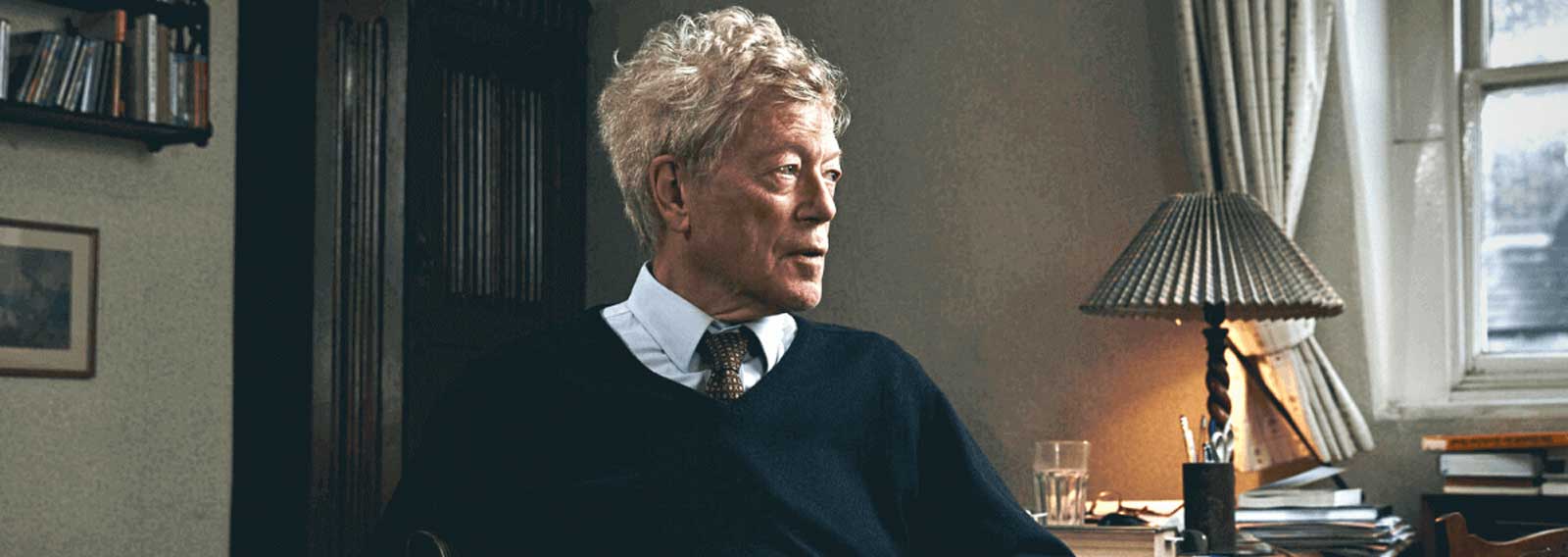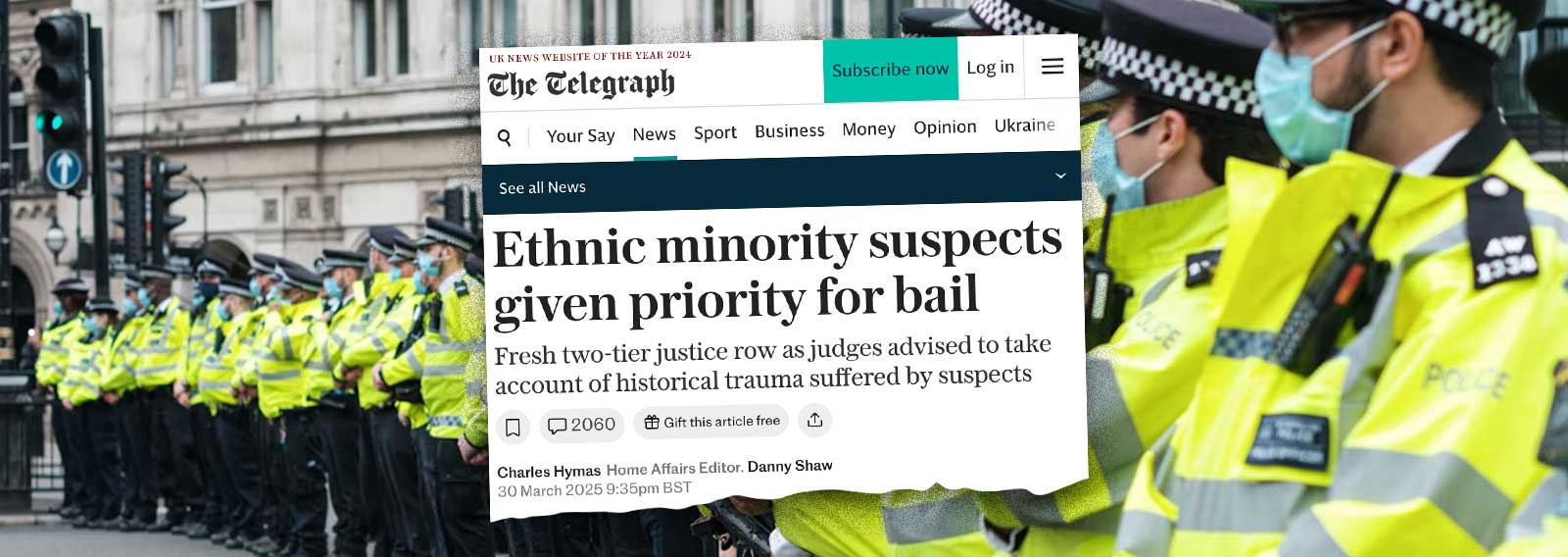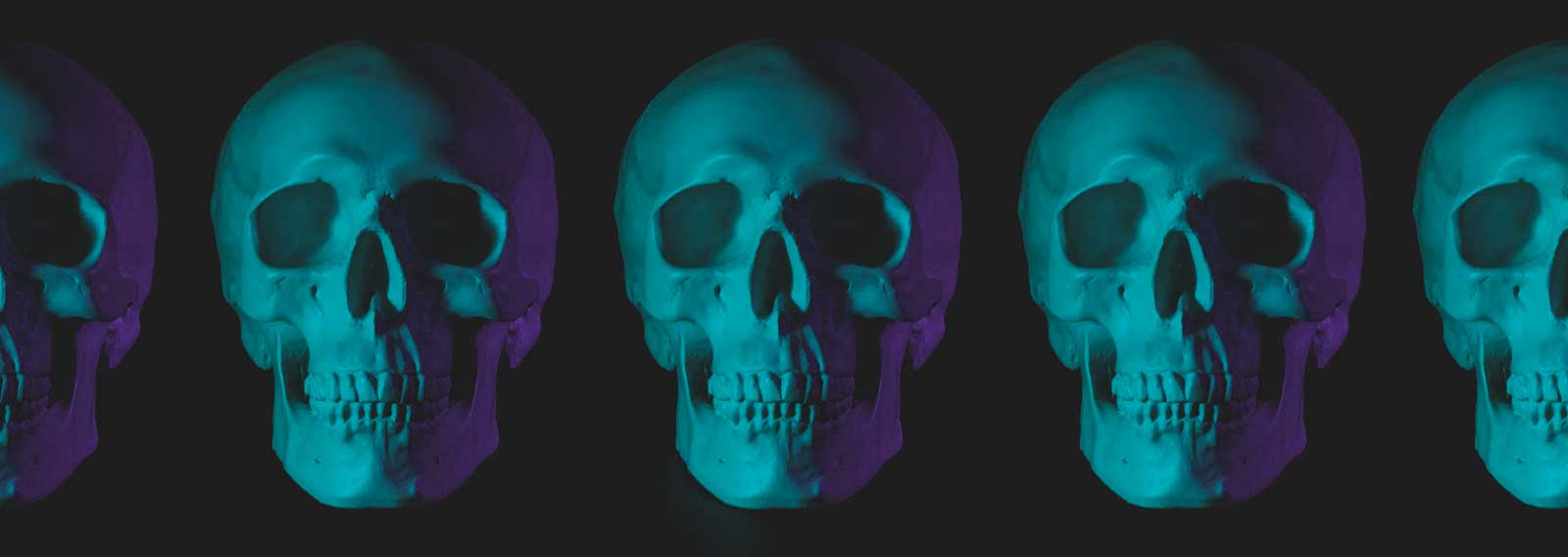The concept of the nation-state, which arose some 400 years ago, has by and large been how politics and international relations have been taking place. That nations are sovereign and have a right to maintain their borders has long been seen as the norm, but that has not always been the case of late. Many now want to see independent nations replaced with some globalist ideal.
Nationality has been under attack for some time now. Many woke Western intellectuals and leaders see the nation-state as an impediment to progress, stability and global peace. They champion globalism and long to see an end to independent nations. And it is not just the folks at the World Economic Forum such as Klaus Schwab who are pushing this line.
But nations have been around for quite some time and are not so easily gotten rid of. As I said in a piece on national sovereignty:
The modern nation-state arose during the 17th and 18th centuries. While nations have long had concerns about political and territorial integrity (think of ancient Israel and its clearly defined borders for example), the modern nation-state especially gave rise to the notion of national sovereignty. The 1648 Peace of Westphalia laid out the principle of sovereignty whereby states could expect to be free from external control.
But with recent voices warring against this, we still have need of various defenders of nationalism to speak out in its favour. One of them was the late Roger Scruton (1944-2020). A year ago I looked at his 2006 book in which he defended the notion of nationalism and challenged its detractors, A Political Philosophy (Continuum).
He has written passionately and eloquently about these matters elsewhere of course. Another important piece worth bringing to your attention is a chapter found in How to Be a Conservative (Bloomsbury, 2014). Chapter 3, “The Truth in Nationalism” is brief (just 10 pages) but is a well-argued case that I am eager to share parts of here.
He begins with a discussion of the French Revolutionaries who had declared that “henceforth it is not the sovereign, or the law, or the deity that will command the allegiance of the citizen, but the nation.” Various nationalist movements have arisen since then, often with devastating results.
Last century saw two World Wars that left Europe torn apart by such nationalism. That led many to want to replace the nation-state system with something else, even though it was not always clear what that should be. But is such a reaction to nationalism correct? Scruton looks at good and bad versions of it:
“[N]ationalism, as an ideology, is dangerous in just the way that ideologies are dangerous. It occupies the space vacated by religion, and in doing so excites the true believer both to worship the national idea and to seek in it for what it cannot provide — the ultimate purpose of life, the way to redemption and the consolation for all of our woes.”
That is what we found in the French Revolution and in Nazi Germany. But,
it is not the idea of the nation as this features in the ordinary day-to-day life of the European people. For ordinary people, living in free association with their neighbours, the ‘nation’ means simply the historical identity and continuing allegiance that unites them in the body politic. It is the first-person plural of settlement. Sentiments of national identity may be inflamed by war, civil agitation and ideology, and this inflammation admits of many degrees. But in their national form these sentiments are not just peaceful in themselves, but a form of peace between neighbours.
He warns against nations founded purely on religion, as in Islamic countries, where there is and can be no real democracy, freedom of conscience, and other social goods. So he favours a secular basis of the political order, albeit one properly understood. But see more on that below.
Scruton compares the family to the nation. In the family, different people with shared concerns and a shared heritage can live peacefully, even with differences. A happy family has a “shared investment in staying together” despite tensions and conflict. He writes:
The same is true in politics. Opposition, disagreement, the free expression of dissent and the rule of compromise all presuppose a shared identity. There has to be a first-person plural, a ‘we’, if the many individuals are to stay together, accepting each other’s opinions and desires, regardless of disagreements. Religion provides such a first-person plural: I might define myself as a Christian or a Muslim, and that might be sufficient to bind me to my fellow believers, even when we disagree on matters of day-to-day government. But that kind of first-person plural does not sit easily with democratic politics. In particular it does not accept the most fundamental disagreement within the state, between the faithful who accept the ruling doctrine and the infidels who don’t.
That is why democracies need a national rather than a religious or an ethnic ‘we’. The nation state, as we now conceive it, is the by-product of human neighbourliness, shaped by an ‘invisible hand’ from the countless agreements between people who speak the same language and live side by side. It results from compromises established after many conflicts, and expresses the slowly forming agreement among neighbours both to grant each other space and to protect that space as common territory….
He goes on to contrast modern Western democracies with Muslim-majority nations. He notes how the latter are critical of the West for imposing national divisions on their territories: “It is therefore inevitable that Islamists should turn their resentment on the West, as the creator and imposer of an alien form of political order.”
He concludes the chapter this way:
Opposition to the nation idea does not come only from outside, however. If you look at the organs of opinion in Britain and Europe, and at the institutions, such as universities, in which the self-consciousness of European societies is expressed and developed, you find almost everywhere a culture of repudiation. Take any aspect of the Western inheritance of which our ancestors were proud, and you will find university courses devoted to deconstructing it. Take any positive feature of our political and cultural inheritance, and you will find concerted efforts in both the media and the academy to place it in quotation marks, and make it look like an imposture or a deceit. And there is an important segment of political opinion on the left that seeks to endorse these critiques and to convert them into policies.
It is to this ‘culture of repudiation’, as I call it, that we should attribute the recent attacks on the nation state and the national idea. But conservatism is a culture of affirmation. It is about the things we value and the things we wish to defend. Anybody who understands what is at stake in the global conflict that is developing today will, I believe, come to see that the nation is one of the things that we must keep. In what follows, therefore, I shall be appealing to people who identify their political rights and duties in national terms, and who have learned to put God in the place where He belongs.
Afterword
I mentioned that Scruton champions a secular state, but one properly understood. Scruton is a Christian and he is quite aware that without Christianity, there would be no West as we know it today. As with the American Founding Fathers, he most certainly does not want to exclude religion from public and political life. Religion undergirds all this.
As such, religion in general and Christianity in particular are discussed numerous times in this book. Let me offer just one more quote, this one taken from the first chapter, “My Journey”. He discusses his “adventures in the communist world” and in particular his work in helping Czechoslovakia and Hungary as they navigated their way out of the socialist behemoth. He writes:
Those experiences helped to convince me that European civilization depends upon the maintenance of national borders, and that the EU, which is a conspiracy to dissolve those borders, has become a threat to European democracy. Through the operation of the European courts and the shape of its legislation, the EU has created a political class which is no longer accountable to the people – a class typified by Baroness Ashton, a former CND apparatchik who has never stood for an election in her life and who has advanced through Labour Party quangos and leftist NGOs to become Commissioner in charge of Foreign Relations, in other words, the foreign minister of our continent. The European Commission itself passes laws that cannot be overridden by national parliaments, following discussion behind closed doors among bureaucrats who need never answer for their decisions.
The comic attempt to draw up a constitution for Europe produced a document so long and involved as to be all but unintelligible. The preamble managed to exclude the Christian religion from the idea of Europe, while the rest of the document – which was far more about extending the powers of the European institutions than setting limits to them – was calculated to kill off democracy. Given that Europe’s legacy to the world consists in the two great goods of Christianity and democracy it is hardly surprising if the EU no longer has the endorsement of the European people, even if it has created a network of clients upon whose support it can always rely.
As always, Scruton offers us wise words and so much to consider.





















